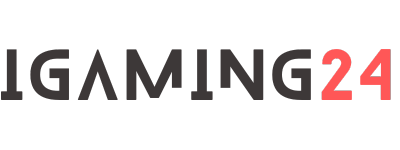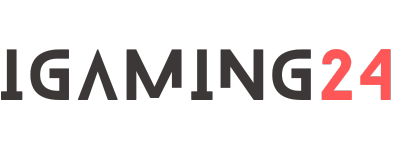The winds of change are blowing across the European continent, steadily shifting the regulatory climates in the world of iGaming. As a content creator, I have witnessed, monitored, and analyzed these mutations to bring you the most up-to-date information. So what’s all the commotion about? Let’s take a deep dive into the world of European iGaming Laws and the significant regulatory shifts that are shaking up the industry.
Just What Is iGaming?
For those not familiar, “iGaming” is a term that encompasses betting on outcomes of games or events from a mobile device or computer. These games can be anything from online poker, sports betting, through to the ever-popular online casinos. Nowadays, the iGaming industry is no small fry – it forms a significant portion of the global economy.
The landscape of European iGaming Laws
In Europe, the betting laws vary from one country to the other, creating a multicolored mosaic of legislations. Each country walks its tightrope, balancing between consumer protection, control over the economy, regulation of the industry, and, of course, taxation.
Challenge? Each country perceives these elements differently, leading to a fragmented regulatory environment. National governments are playing catch-up with the rapidly evolving iGaming industry, resulting in tweaks, turnovers, and total transformations of existing laws. The truth is, with the ground shifting so quickly, matters, more often than not, enter the complex territory.
To give you an idea of the variations across nations, let’s look at this creative table.
Country |
Regulatory Body |
Special Regulations |
|---|---|---|
| United Kingdom | UK Gambling Commission | Strict identity and age verification |
| Germany | New State Treaty on Gambling | Online slot stakes limited to €1 |
| France | ARJEL (Regulatory Authority for Online Games) | Online casinos prohibited; only poker, horse betting, and sports betting allowed |
| Spain | Dirección General de Ordenación del Juego (DGOJ) | Advertising restriction, minimum 1000 seconds between advertising |
As you can see, each country has a unique stance on how best to manage and control its iGaming offerings.
The Rise of Technological Advancements and iGaming Laws
The advancement in technology has meant that the global iGaming industry is growing at a rapid pace. With this comes the urgent need for regulation to provide a safe and fair space for play.
While countries like the UK have mature and sophisticated regulations in place, countries like the Netherlands have only recently legalized online gambling. Meanwhile, Germany has introduced a new treaty to make online casino gaming legal, and Spain has tightened its regulations around gaming advertisements.
Conclusion
In conclusion, the European iGaming laws are in a state of constant flux. The accelerated growth of the industry means countries are quickly realizing the need for robust regulations. As these regulatory shifts unfurl, one thing’s for sure – the landscape of European iGaming is in for a wild ride.









